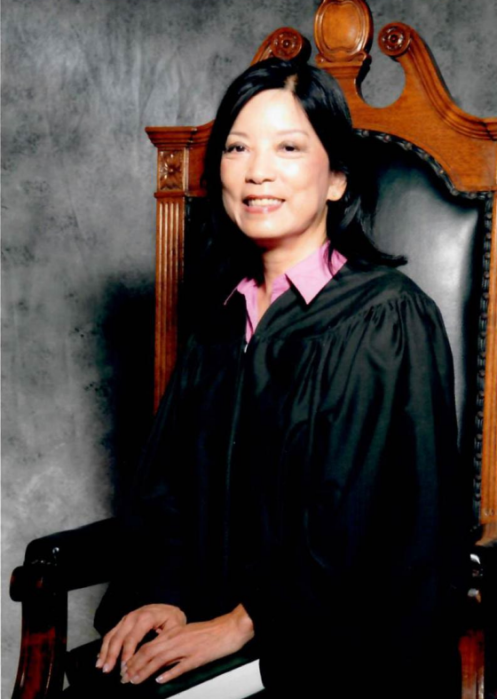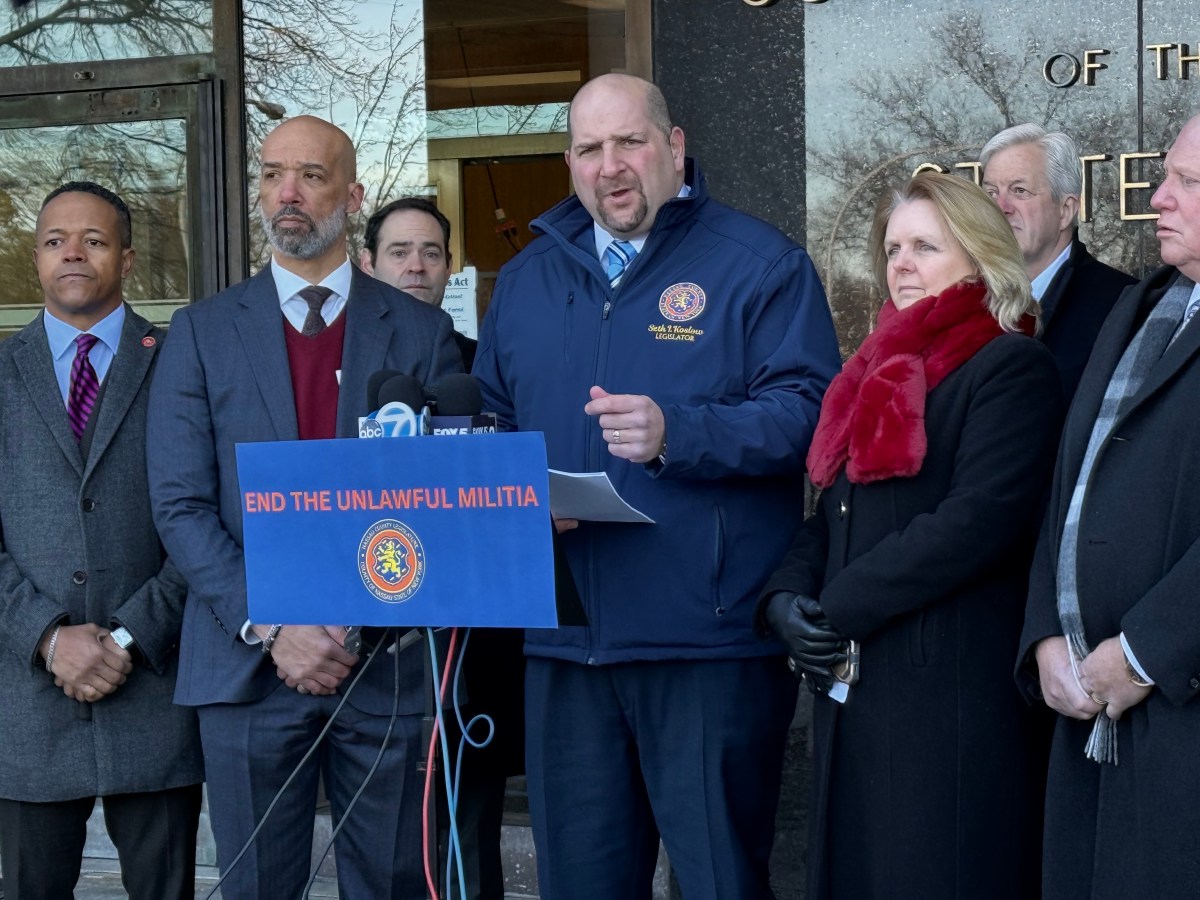Caribbean Community (CARICOM) leaders ended their annual summit in St. Kitts and Nevis on Monday expressing confidence that they have begun the process of re-focusing the community to reflect more of the aspirations of its people.
Host Prime Minister and new CARICOM chairman, Dr. Denzil Douglas, told reporters, at the end of summit, that the four-day deliberations were “very focused” and that the leaders have laid the “platform for significantly advancing the regional integration process”.
He said leaders addressed “major issues” including the “advocacy role” played by the Caribbean for the upcoming United Nations Non-Communicable Disease Conference to be held in September.
Douglas acknowledged that the summit did not appoint a successor to Sir Edwin Carrington, the last CARICOM Secretary General, who resigned in January after 18 years in the post.
He, however, said that the leaders were “closer to an appointment” and that the short listed candidates would be interviewed in Barbados later this month by the Bureau of Heads and a final selection made.
“Following their interventions, an appointment will be announced by the CARICOM Secretariat, acting on behalf of the leaders,” the CARICOM chair said.
He said regional leaders were pleased with the review exercise being carried out by consultants on restructuring the Guyana-based CARICOM Secretariat.
In their end-of-conference communiqué, the leaders reiterated the importance of ensuring a “fully effective and efficient Single Market, which is critical to making the region more competitive and better equipped to compete in the global market place.
“While reiterating their intention to review the schedule towards full implementation of the Single Economy, putting a pause on specific elements, such as the creation of a Single Currency, Heads of Government highlighted the critical importance of advancing implementation of those elements of the Single Economy, which would create an environment more conducive to investment and job creation,” the statement said.
With special reference to agriculture, Heads of Government reiterated the importance of the sector to the socio-economic development of the region.
They agreed on the need for action which would more effectively take the plans and programs already developed from paper to field to market to ensure food and nutrition security for the region.
The issue of transportation continued to engage the attention of the Heads of Government.
They recognized that efforts were being made to resolve the challenges posed, but said these were not yet adequate to address the problem.
The Heads of Government called on the private sector, civil society, particularly labor, and the universities of the region to help create “innovative solutions to encouraging competitiveness.”
They received an update on the formation of the Caribbean Business Council and recognized it as an “important element” in the continued engagement with the private sector.
Heads of Government also acknowledged the importance of Information and Communication Technology to the development of the community.
In that context, they received an update on the preparation of the Draft Regional Digital Development Strategy and Implementation Plan.
They urged all member-states to advance their review of the strategy “expeditiously” so that it can meet final approval at their next inter-sessional meeting.























